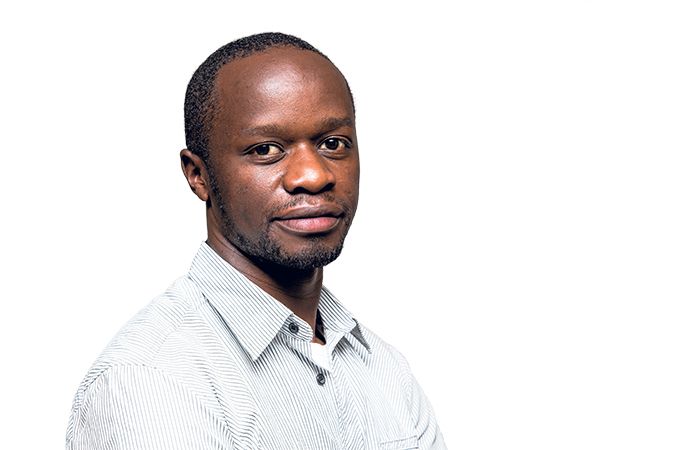University of Copenhagen researchers have published an interesting paper on how Danish newspapers report on wars that Danish troops get involved in. This research points to what we already know: that even in the free world, the press can flip into a manipulated, propagandist mouthpiece of the government.
With a good measure of public support, Denmark has fought essentially every American war in recent memory. President Bush and Danish prime minister Anders Fogh Rasmussen invaded Iraq and fought in Afghanistan together. Obama and Danish prime minister Helle Thorning-Schmidt sided in the fall of Libya among other military operations. In all these conflicts, the Danish press was at the frontline embedded with Danish troops seeing and reporting from the Danish governments’ binoculars. And therein lies the big question! How fair is the Danish press’ coverage of wars? In fact, how free and fair is the Danish media´s coverage of anything?
The double dilemma
There are two questions that the media practitioners grapple with: can the media be objective? On this, the debate is neverending. And should the media be free and fair? On this, there is widespread consensus that any media worth its name should indeed be free and fair. But what happens when in place of freedom and fairness we are fed propaganda and malice? Well then, we are screwed!
Reporting from war zones is a tricky affair. In theory and in law, journalists and aid workers have a right to operate freely even in war zones. In practice, shooting the messenger is the ‘norm’. This has necessitated embedding journalists with national armies. But is this justification enough for biased reportage? Nay!
In the age of citizen journalism and new media activism, there is no excuse for bootlicking journalism. Unless, of course, the press chooses to go that route like the Danish media has. It is a choice they make to justify the Danish government’s involvements in wars that often end up with huge civilian casualties and destabilised countries. It is a choice to ignore reporting war crimes committed by soldiers. It is a choice to ignore the other side of the story and to underrepresent civilian voices.
Found wanting at home
This PICK-and-CHOOSE trend goes beyond war zones. Even where no risk is involved the Danish media’s coverage, particularly of immigrants, is found wanting. This media turpitude has led to headlines such as ‘Black Man Steals Car From 80-year-old’ (news site sn.dk) or ‘Nigger steals car from 80-year-old’ (Roskilde Dagbladet, 18/04/12). I have yet to see headlines such as ‘Blue-eyed blonde arrested with narcotics’ or ‘White man prosecuted for drunk driving’, even though I’m pretty sure there are some blue-eyed blondes who have been arrested for narcotics and some white men for drunk driving. But our ‘free and fair’ Danish media chooses who to characterise and who to spare.
A national tragedy
This is the tragedy of a media deeply cuddling with the government machinations. The result is a hoodwinked audience and an ill-informed populace. Until the Danish media embraces basic journalistic tenets like fairness, freedom, the right to reply and balanced reporting, we shall continue supporting unjustified wars and sidelining the minorities among us.














